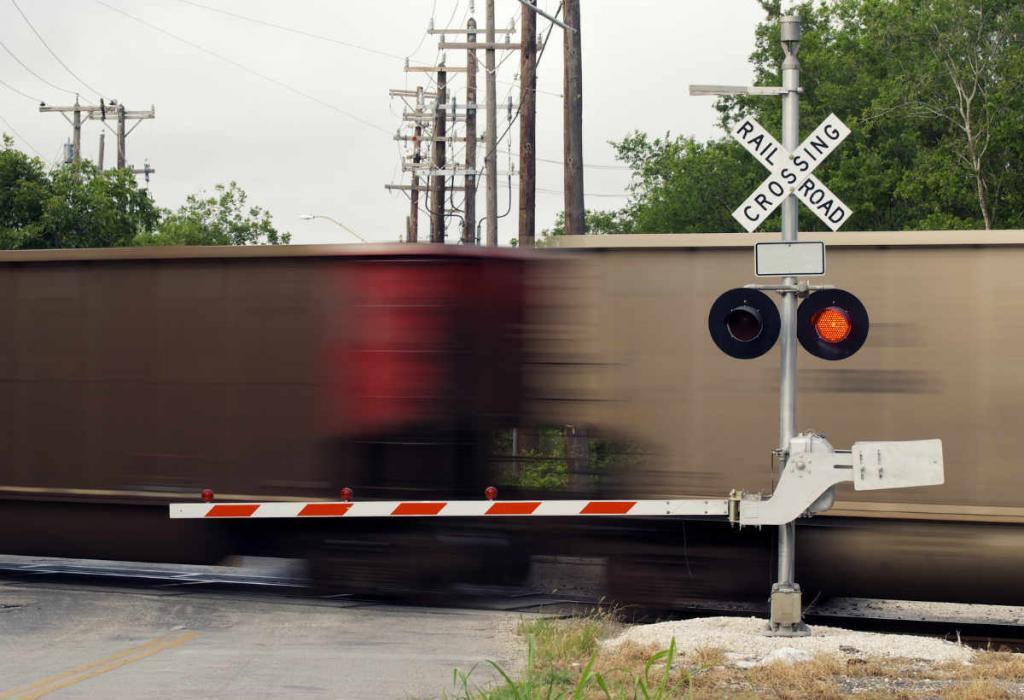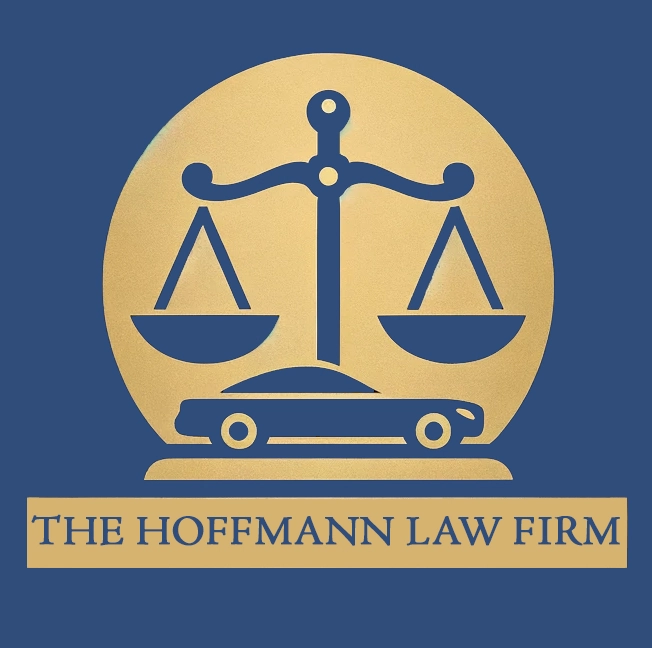An accident involving a train and car occurs every three hours in the U.S.
Motor vehicle accidents that occur at railroad crossings are often fatal. Operation Lifesaver is an organization dedicated to reducing the number of injuries and fatalities that are a result of accidents occurring at railroad crossings. According to their statistics, an accident involving a train and car occurs every three hours in the U.S. The most efficient and commonly used method of cargo transportation within the country is by train, and according to the U.S. Department of Transportation, this trend will continue to grow in the coming years. One of the most challenging issues to resolve when a railway crossing collision occurs is to decide who or what is responsible for it and the legal liabilities of the parties involved.

With the number of train tracks running through Missouri, it can be expected that some of these accidents will take place in our state. It has been found that most railroad crossing accidents could have been avoided if proper measures had been taken by the train company. If you were injured or lost a loved one in a railroad crossing accident, speak with a Missouri personal injury attorney at The Hoffmann Law Firm, L.L.C.
Dangerous Railroad Crossings
More than half of public crossings are not protected by safety lights and gates and over half of all train accidents occur at these spots. If a dangerous, unlit intersection was the scene of your accident, filing a lawsuit with the help of a Missouri personal injury attorney may not only help you receive compensation, it could help compel the railroad company to consider making the intersection safer for others.
Besides a lack of crossing lights and gates, accidents can also occur if the crossing has become obstructed with overgrown vegetation. It is the railroad’s responsibility to keep their intersections clear. It is also their duty to make sure that the field of view is not obstructed, both for someone at the intersection and the driver of the train.
Railroad Company That Operates the Train
Railroad companies that operate trains have a duty and responsibility to ensure the safe movement of their trains. Not abiding by those duties and responsibilities may lead to a train-car accident. The duties of the railroad company include:
- Providing necessary training for the train operators, engineers, and conductors.
- Making sure the train operator does not suffer from fatigue and are not working under the influence of drugs or alcohol.
- Ensuring that train personnel is using the necessary train sounds to signal that a train is approaching a crossing.
- Keeping the train speed within the limit, depending on the track segment.
- Providing proper locomotive and other railing equipment maintenance.
Railroad Company That Owns the Track
Railway lines are owned by different railroad companies, meaning trains do not always move on tracks owned by the parent company. Furthermore, ownership of the rails by a railway company does not only apply to the tracks, but also to a certain width of land around the tracks. In regards to railroad crossings, every company that owns that piece of the railway line has a set of duties, including:
- Installing lights and gates at the crossings and regular maintenance of the track.
- Making sure that approaching vehicles can see the signals clearly, for example, clearing any objects that may obstruct a driver’s line of sight.
- Regular track maintenance.
Manufacturer Liability
Accidents may happen as a result of malfunctions of the components of the locomotive or the individual cars. The train manufacturer has a set of duties and responsibilities of their own. The trains and cars must have:
- Warning horns, bells, and whistles.
- Warning lights and flashing headlights.
- Brake systems on both locomotives and cars.
- An appropriate mechanism that connects the cars together.
- Communication systems for every member of the crew.
Local Municipalities
Sometimes the cause of vehicle-train collisions may be caused by the poor condition of a road. The municipality may be legally liable for the consequences of the collision.
Vehicle Driver
The driver of the vehicle involved in a train collision may be the one at fault. A driver may try to pass over the railway crossing, thinking they have enough time to pass safely. If a driver does not respect the signals, he or she may be legally liable for any injuries resulting from a collision.
St. Louis, MO Car Accident Lawyer
Trying to claim compensation from major companies like those of railroad operations requires a skilled Missouri personal injury attorney. With the amount of money they have to back them, it is not unusual to find them attempting to stall proceedings in a veiled attempt to get you to drop the suit or settle for less. An attorney is aware of these tactics and will not let them deter your case.
A Missouri driver was able to settle with a railroad company whose initial defense was to blame the victim for the railroad intersection accident. When the plaintiff was able to prove that the driver of the train was negligent in failing to use the lights and horn when approaching the intersection. Once it was shown that several accidents had occurred at that particular spot, the defense abandoned the strategy and agreed to the settlement. Specialized legal knowledge is necessary when dealing with the complexities of a lawsuit with a major railroad.
If you have been involved in a train-car collision, speak with a St. Louis car accident lawyer from The Hoffmann Law Firm, L.L.C. We will help you determine who is liable and if you should receive compensation for damages. Call us at (314) 361-4242 for a free consultation.
Free Consultation with a St. Louis Car Accident Lawyer
Don’t talk to an insurance claims adjuster before speaking with The Hoffmann Law Firm, L.L.C. We can help you avoid making statements that may affect the outcome of your case. The consultation is free; you don’t pay unless we get you money!
Free Consultation (314) 361-4242